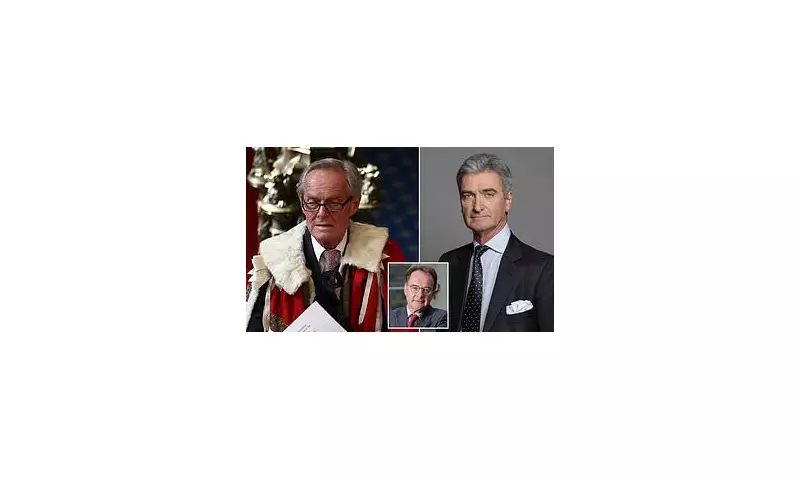
In a moment laden with historical significance, the House of Lords bid farewell to its hereditary peers, drawing the curtain on an era that spanned eight centuries. The departure marks a transformative shift in the UK's political landscape, as the ancient institution modernises its composition.
A Legacy Comes to an End
The final exit of dukes and earls from the House of Lords was met with a mix of solemnity and reflection. For generations, these hereditary peers had occupied seats by virtue of birthright, a tradition rooted in medieval England. Now, their absence signals a decisive move towards a more representative and meritocratic chamber.
The Winds of Change
Reform advocates have long argued that hereditary peerages were an anachronism in a democratic society. The recent changes align with broader efforts to streamline the Lords, reducing its size and enhancing accountability. Critics, however, lament the loss of centuries-old customs and the expertise some hereditary peers brought to legislative debates.
Public Reaction
Public opinion remains divided. While many celebrate the move as a step towards equality, others view it as an erosion of Britain's unique constitutional heritage. Political analysts suggest this could pave the way for further reforms, including an elected second chamber.
As Westminster adapts to this new chapter, the echoes of history remind us that even the most entrenched institutions must evolve with the times.





